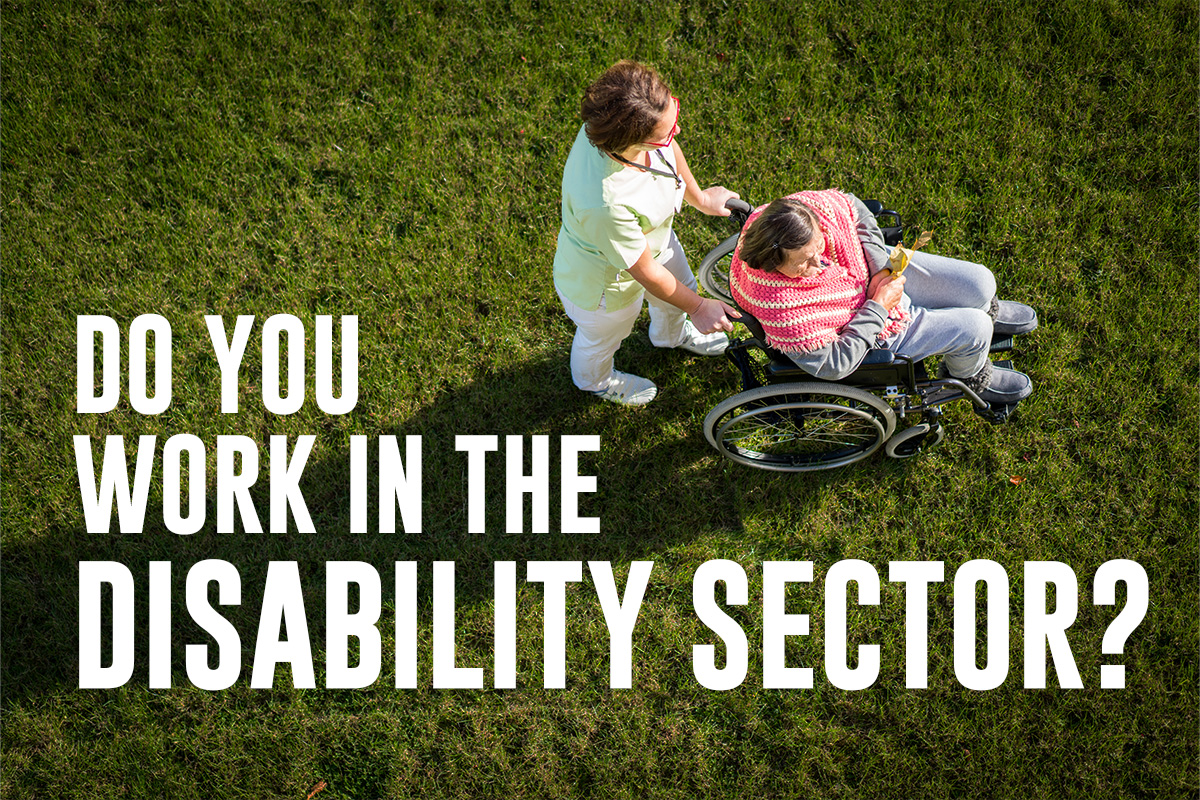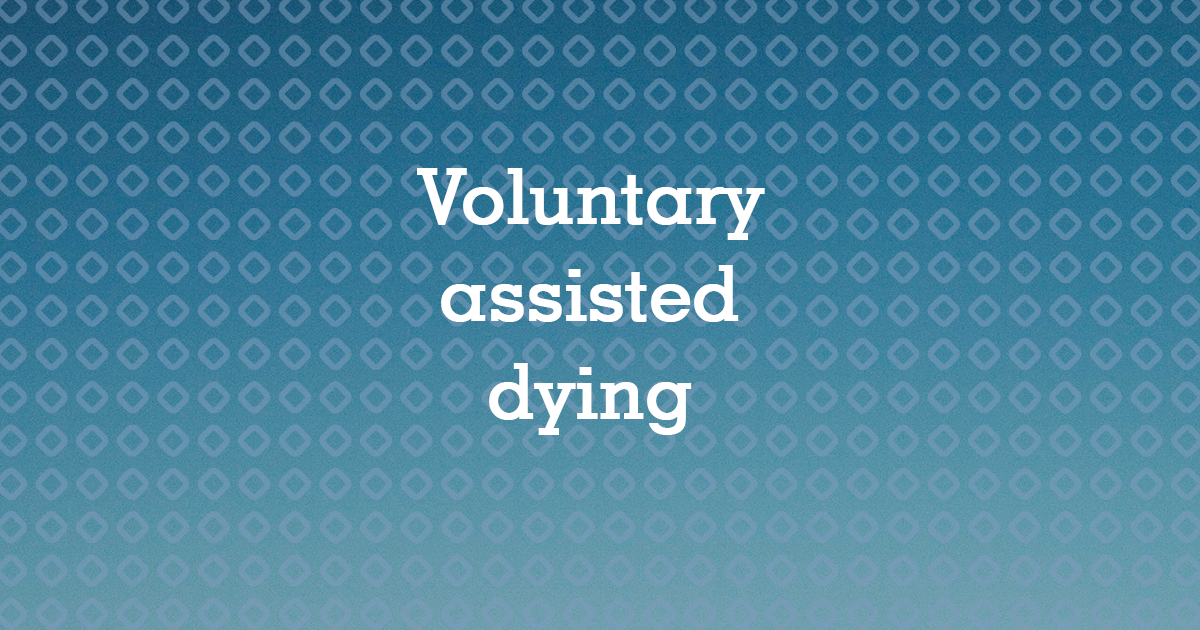
There have been many regulatory changes within the disability sector since 2021. For ANMF (Vic Branch) members working in disability or providing care to those with a disability, it is critical that you understand the nature of these changes, what you need to do and where to get more information.
ANMF (Vic Branch) welcomes the increased oversight and regulation of Victorian’s disability sector, noting that our nursing and midwifery members are well-versed in practice standards, position statements and policies that influence and guide safe clinical practice.
Please see the below Frequently Asked Questions that ANMF (Vic Branch) has developed to assist members in navigating these changes:
NDIS Worker Screening Check |
|
| Who is required to have an NDIS worker screening check? | According to the legislation National Disability Insurance Scheme (Practice Standards—Worker Screening) Rules 2018, disability workers are required to hold an NDIS worker screening check if they meet the following eligibility:
A risk assessed role is:
For the purposes of determining whether the normal duties of a role will require more than incidental contact with a person with disability, contact includes physical contact, face-to-face contact, oral communication, written communication and electronic communication. It is the responsibility of a NDIS provider to determine which roles are risk assessed roles. |
| What if I already have an Aged Care Worker Check? | If you already hold a current Aged Care Worker Check you do not need to get a NDIS Worker Screening Check until this expires. After your Aged Care Worker Check expires you will be required to have a NDIS Worker Screening Check.
ANMF encourages members to apply (if required) 3 months prior to the expiry of your current check, as there may be delays. |
| Who covers the cost of a NDIS Worker Screening Check? | In some cases, the employer will pay however you may also need to bear the cost.
The requirement for your employer to cover the cost of the check may be contained in your Enterprise Agreement so members are encouraged to check.
ANMF continues to advocate for a more efficient system with one single comprehensive check (inclusive of an NDIS check, working with children check and police check). |
| What happens if I don’t have a NDIS Worker Screening Check? | ANMF understands that any disability worker that doesn’t hold a current Worker Screening Check cannot deliver care to a disability recipient via an approved care plan. |
| If I change Disability Providers do I need to get a new check? | No, your NDIS Worker Check remains relevant to any role and NDIS provider until it expires.
You will need to nominate your new disability employer and they will have to verify your employment. |
| How long does a NDIS Worker Check last for? | 5 years |
| What is the cost of a NDIS Worker Check? | $123.20 |
| Where can I find more information? | ndiscommission.gov.au/workers/worker-screening-workers |
Victorian Disability Worker Commission |
|
| I have also heard there is a new registration board for disability workers in Victoria. Do I need to be registered in Victoria? | Nurses and midwives in Victoria are required to be registered with the Nursing and Midwifery Board of Australia (NMBA). AHPRA are the administrators and regulators for the Board.
Registration with the Disability Worker Registration Board of Victoria (DWRBV) is voluntary for nurses, midwives and carers who work with people with disability. The registration period is from 1 October to 30 September the following year, and is open now. This registration shows you also meet the standards of being a disability practitioner or worker. |
| Is there a cost associated with the VDWC registration? | There is no cost for the 2022/2023 registration year, as per the first registration year. |
| What are the registration requirements of the commission? | The DWRBV sets the standards for registration and regulates registered disability workers. There are 3 standards for registration: A criminal history check that is consistent with the NDIS worker screen; competency in English; and continuing professional development (CPD). All registered workers must compete a minimum of 10 hours of CPD in the second registration period (1 October 2022–30 September 2023).
There are two divisions in which people can apply to register: as a disability support worker or as a disability practitioner. Nurses should register as disability practitioners.
The registration requirements can be found at the VDWC website. |
| I understand complaints/notifications within Victoria’s disability sector can be investigated by the VDWC. Would this be in addition to an AHPRA investigation/notification? | The VDWC has the power to investigate complaints and notifications about disability workers. ANMF members can be considered a disability worker if they are providing a disability service or are supervising a nurse providing a disability service.
The VDWC will collaborate with AHPRA and other regulators whenever possible. VDWC may refer matters to AHPRA or continue to deal with a complaint or notification made to VDWC. The VDWC receives and shares information with co-regulators and other agencies to assist them to perform their role |
| If a restriction is placed on my practice after my yearly registration with the VDWC, do I need to notify the VDWC of this? | Yes, if you are registered as a disability support worker or disability practitioner, you are required to notify the DWBRV if a restriction is placed on your nursing or midwifery practice, as it affects your practice in the disability setting. These restrictions include if your registration as a health practitioner is suspended, cancelled, or made subject to a condition, prohibition order or other restriction. You can notify the board via email at registration@vdwc.vic.gov.au. |
| Does the VDWC has mandatory reporting? | Yes, under the Disability Service Safeguards Act 2018 (Vic), disability workers and employers, including nurses, midwives and carers that provide a disability service, must notify the VDWC if they reasonably believe that a disability worker has:
Nurses that provide a disability service may be subject to a mandatory notification to the VDWC. |
| What are the potential outcomes of being reported/notified to the VDWC? | If you are a registered disability worker with the DWRBV, potential outcomes of a complaint or notification about your conduct are:
If you are not registered with the DWRBV, the outcome of any notification/complaint is determined by the VDWC. The VDWC has powers that range from taking no further action on the complaint, conducting conciliations, settling matters by agreement, counselling workers, referring the complaint to another entity or to the Commissioner, or prohibiting your ability to practice within the disability sector. |
Members who work in disability are encouraged to update your details and membership type as a ‘disability practitioner’. You do this via our member portal.




